On May 25 2020, George Floyd, an African American man, died in Minneapolis, Minnesota after Derek Chauvin, a white American police officer, held the handcuffed George down with his knee over the side of his neck for almost 9 minutes. Imagine holding your breath for half that time, let alone being forcefully suffocated by a person meant to serve and protect. In Singapore, many of us wouldn’t even think twice if a group of police officers passed by — in the United States, many black people live in fear of these authority figures.

In the weeks following his death, the outcry of not just Americans, but people all over the world has taken over social media. International brands have publicly displayed their support of the Black Lives Matter (BLM) campaign, while denouncing and acknowledging the twisted racism that’s present in the US today.
You may have seen, and even posted, a solid black post on Instagram in support of BLM and #BlackOutTuesday. But how can we do more, and be better?
What is happening in the United States now?

Since the tragedy, there has been revolt from all over the world, and protests have occured in all 50 states in the US — most have been peaceful, while some have led to riots and looting. As of June 4th, not only has the charge on Derek Chauvin been changed from third-degree murder and second-degree manslaughter to second-degree murder, but all four former officers involved in George Floyd’s death now face charges.
I spoke to Joshua, 24, an African American university student who went to high school in Singapore, but is currently based in Florida. He and his girlfriend have taken part in peaceful protests, but continue to keep themselves informed on the situation around them through social media.
He gave us some perspective on the situation, saying, “I think everything that is occurring is justified. People are angry and tired of the senseless killings that have occurred throughout the history of the US to Black people. Especially right now, where Black people are dying at the hands of those who are supposed to protect us.
“I feel like the anger and frustration that is leading to protests, and riots, and unfortunately looting, is all justified. The media tends to focus on the bad that’s occurring, but for the most part protests are peaceful. People just want their voices heard.”
Morgan, 23, a recent university graduate, also describes her experience at a peaceful protest in New Brunswick, New Jersey.
“Following the death of George Floyd, I — like many of my peers — was outraged and fed up with institutional racism. After a few days of observing police violence online, and seeing unprovoked attacks at peaceful protests, I was inspired by a friend to show up in-person. Thankfully, the police remained along the sidelines of the march, and stayed at a distance. It was a welcome surprise that nothing escalated to a point of violence, but protesters came prepared (with first aid, tear gas solution, and goggles).”
“Compared to news reports of looting/rioting, there was nothing of the sort at this protest. The organisation of this peaceful gathering encourages me to believe that the police force was restricted and not in a position to incite violence. However, that isn’t always the case.”
How about in Singapore?
Living in a country as small Singapore may lead to some of us feeling detached from global issues — some may feel as though certain events are not as relevant if they aren’t happening on our shores.
Unfortunately, even within a country with such racial diversity, prejudice, discrimination and racial stereotyping is still a very real thing in Singapore.
Even as recently as July 2019, a controversial “brownface” ad was aired, sparking anger across the island. While some may argue that this might have been an isolated public incident, there is, unfortunately, plenty of discrimination that takes place in everyday lives.

According to a 2013 IPS-OnePeople.sg study, 67% of Malays, 59% of Indians and 64% of other racial groups in Singapore have felt discriminated against when applying for a job in Singapore, compared to the 39% of Chinese.
In the same study, 59% of Malays, 52% of Indians and 58% of other racial groups have felt discriminated against during their everyday work life. At least 82% of those who have faced discrimination in the work place are part of a minority racial group.
As part of the majority race in Singapore, I have to admit that I have never personally experienced racial discrimination while I’ve been in this country, and growing up, never considered that any of my non-Chinese friends would face discrimination either. The current situation and raised awareness has, however, shown me otherwise.
Joshua also admitted he experienced some casual racism in his every day life during his time in Singapore, that he wasn’t necessarily aware of at the time.
“During high school in Singapore, people would always touch and grab my hair, and make comments pertaining to my race, phrasing these comments as jokes. I never really looked too deep into them. Looking back however, I realise that I should have never entertained these people and should’ve stood up for myself. But I valued what I thought was friendship over pride in myself or for my heritage.”
While the George Floyd tragedy has incited a rise in public support from Singaporeans for the Black Lives Matter cause, it is extremely important to keep ourselves educated and aware of racism happening on our shores.
For the majority, it is imperative that we do not continue to contribute to the problem, and that we take initiative to use our privilege to support those who may not have as large of a voice, and do what we can to continuously educate ourselves and others. Just because something isn’t physically taking place in front of us doesn’t mean that we can turn a blind eye, and we need to acknowledge that even being able to ignore a very real issue is a privilege in itself — this applies all around the world.

How You Can Help As A Singaporean
Here are a few ways you can support the Black Lives Matter cause, and educate yourself and others on anti-racism, no matter where you are.
Get Educated

While there are a multitude of books and resources to refer to, we recommend starting with these four: This Book Is Anti-Racist by Tiffany Jewell, How To Be An Antiracist by Ibram X. Kendi, So You Want To Talk About Race by Ijeoma Oluo and Heavy: An American Memoir by Kiese Laymon.
Take An Implicit Association Test by Project Implicit
Project Implicit is a non-profit organisation that investigates implicit social cognition. Founded in 1998 by three scientists, they translate academic research into practical applications to address subjects such as implicit bias, diversity and inclusion.
As part of their research, they have created a range of Implicit Association Tests (IAT) that can be taken by the public, possible topics including race, gender, and religion. Within each test, the participant contributes their own opinions of the group being described — results often show the hidden bias within each participant that they may not have been aware of before.
To take any of these tests, visit implicit.harvard.edu.
Resource Banks
Here are a few resource banks that have been compiled by organisations and individuals — they collectively hold a selection of articles, books, films, podcasts and more, which can all be used to educate and deepen the importance of anti-racism.
- Anti-Racism Project
- Equal Justice Initiative
- Anti-Racism Resources by Rachel Rickett
- Anti-Racism Resources by Sarah Sophie Flicker and Alyssa Klein
- Resource Bank by Adila — this is a great starting point to learn more about race relations in Singapore, and educate yourself on the issues that hit closest to home.
Virtual Protesting
For those of us who don’t live in the US, a lot of our actions are limited to social media. Before posting, please don’t forget to pay attention to your social media feed and spread accurate, real information — do your research, and ask if you’re unsure. Protesting isn’t an aesthetic or a trend. While many participated in #BlackOutTuesday with good intentions, some misinformation resulted in many also tagging #BlackLivesMatter — this flooded the hashtag with black squares, rather than the information on the cause and the situation that people were attempting to share in the first place.
Morgan also shared her take on virtual protesting and being an ally. “As a privileged white woman, it is my responsibility to put effort and tangible resources directly back into the Black community. To act like an ally is to show up; to put your words into actions; to put your money where your mouth is.”
“As we all saw on social media, posting a black square and hashtag with no other resources is meaningless. Acting as an ally is simple; it requires minimal effort and self-education as a baseline. Sharing links to protests and donation sites is easy and quick. It is every person’s responsibility (especially white people who have benefited off of centuries of privilege) to be proactive in some way.”
Donate
If you have the means to donate, please do. Whether it’s a dollar or anything more, every donation counts. But remember to make sure your donations are going to credible sources — there are terrible people in the world who try to take advantage of the misfortune of others. In addition to Black Lives Matter, we’ve compiled a list of other non-profit organisations you can contribute to here.
| Non-Profit Organisation | About | Donation Link |
|---|---|---|
| Black Lives Matter | The original movement leading the protests to end state-sanctioned violence and liberate Black people. | Black Lives Matter Donation Link |
| Black Visions Collective (BLVC) | BLVC leads targeted campaigns that advance a concrete impact for Black people’s lives, while also advancing a shift in public narrative that connects to transformative long-term change. | BLVC Donation Link |
| Campaign Zero | Campaign Zero is a police reform campaign by activists associated with Black Lives Matter, with the goal of ending police brutality. | Campaign Zero Donation Link |
| George Floyd Memorial Fund | This fund is established to cover funeral and burial expenses, mental and grief counselling, lodging and travel for all court proceedings for the Floyd family. | George Floyd Memorial Fund Donation Link |
| Minnesota Freedom Fund | The Minnesota Freedom Fund pays criminal bail and immigration bond for those who cannot afford it to end discriminatory, coercive, and oppressive jailing. | Minnesota Freedom Fund |
| Reclaim the Block | Reclaim the Block organises Minneapolis community and city council members to move money from police departments into other areas of the city’s budget that promote community health and safety. | Reclaim the Block Donation Link |
Stream To Donate
If you aren’t able to donate but still want to contribute, you can view stream to donate videos on YouTube.
Zoe Amira started this video project with the intention of offering people an alternative way to financially contribute to BLM. The ad revenue from videos like these will be donated to the cause, along with other related organisations. Check out our short guide for more information on streaming to donate.
Do not condone racist speech; call it out
In Singapore, the use of racial slurs among the youth is typically brought about by the use of the same slurs in pop culture — many repeat these derogatory terms casually among their peers and in songs, without actually knowing the origin of these words. However, ignorance is never an excuse.
Racial “jokes” and “casual” comments are no different — what may sound like a joke to one person may feel completely different and hold more weight and hurt for someone else. Casual racism is still racism, no matter who it comes from, regardless of what their intentions may be.
If you witness your friends or family practicing racially-insensitive speech, call them out. It’s better to have a potentially difficult conversation with someone to educate them, than carry the guilt of staying silent when the same situation repeats itself.
Here are a few ways you can start a conversation with the people around you.
“Do you know what that word actually means?”
“You shouldn’t use that phrase. When did you start using it?”
“Why did you say that? Tell me about it.”
These sentences alone may seem a little uncomfortable to hear, but that’s the entire point — it forces a person to think about whether or not they can really rationalise using derogatory slurs and making racist remarks.
Listen
The easiest thing for you to do is to pay attention to what people are saying, and to listen. It can be as simple as checking on a friend, hearing about their experiences and supporting them. Do not invalidate their feelings — be empathetic. Through mutual understanding, we can start to unlearn and correct problematic thinking and hopefully bring about real change. It starts with ourselves.

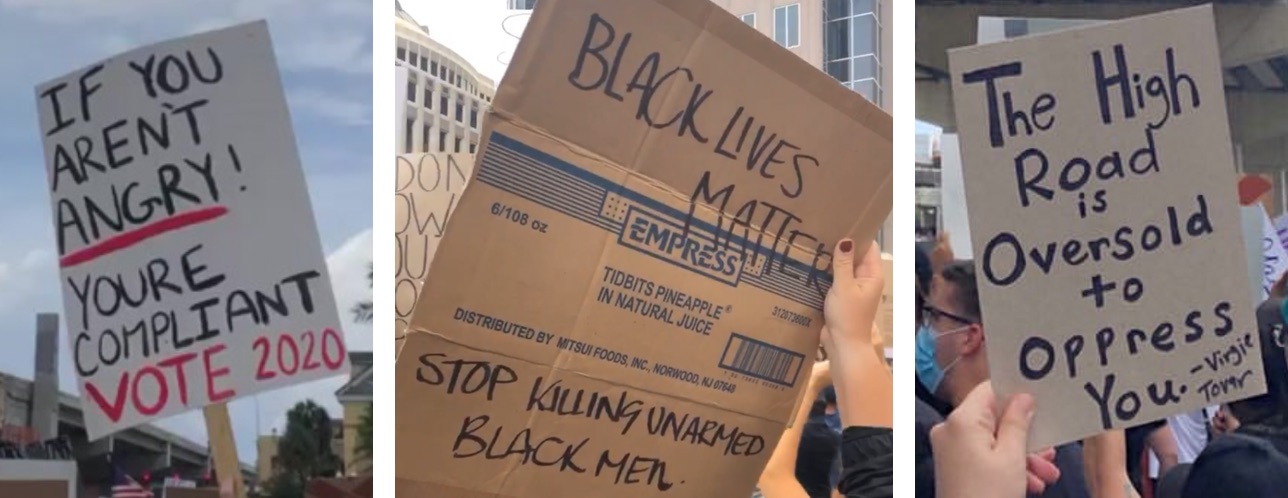
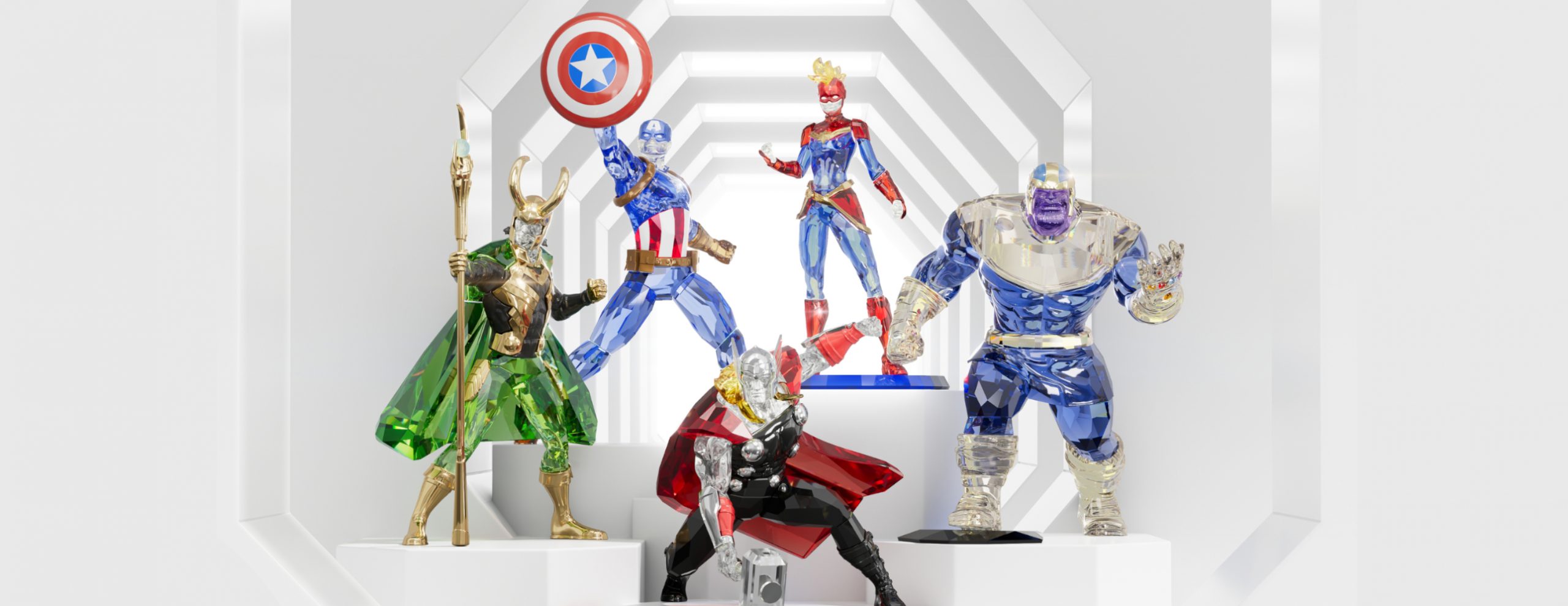
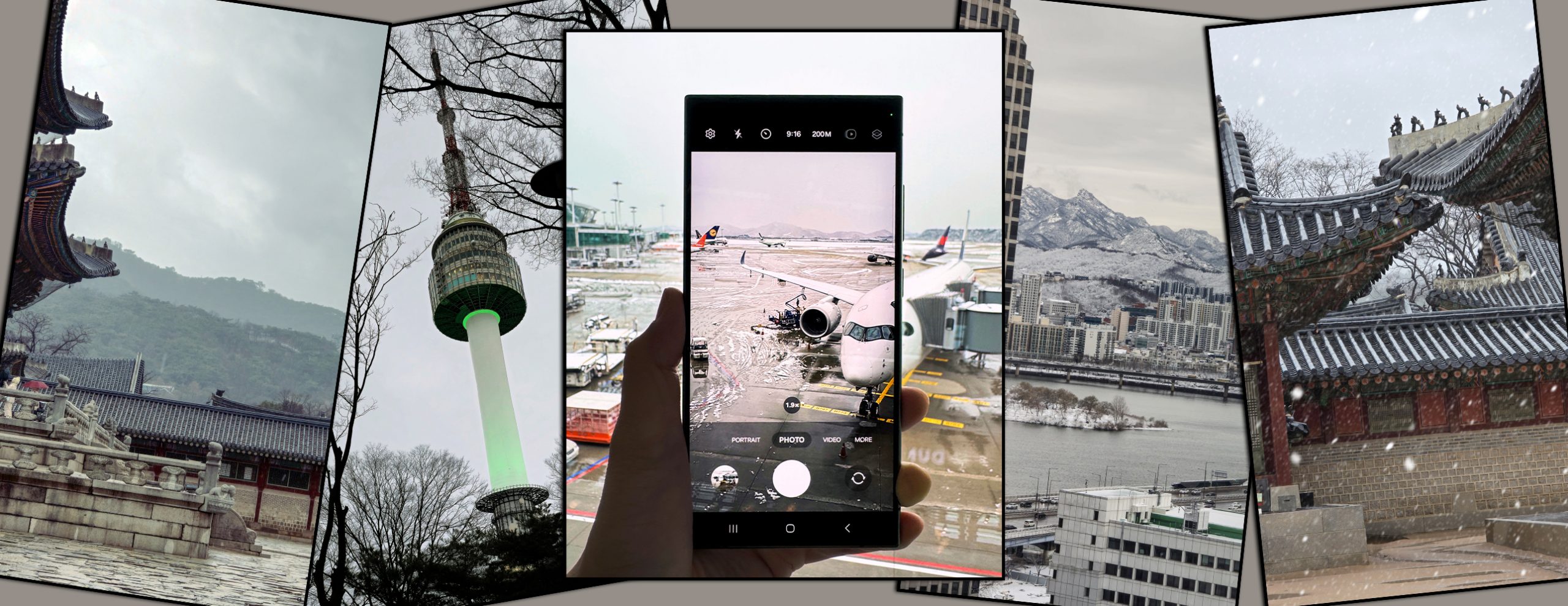


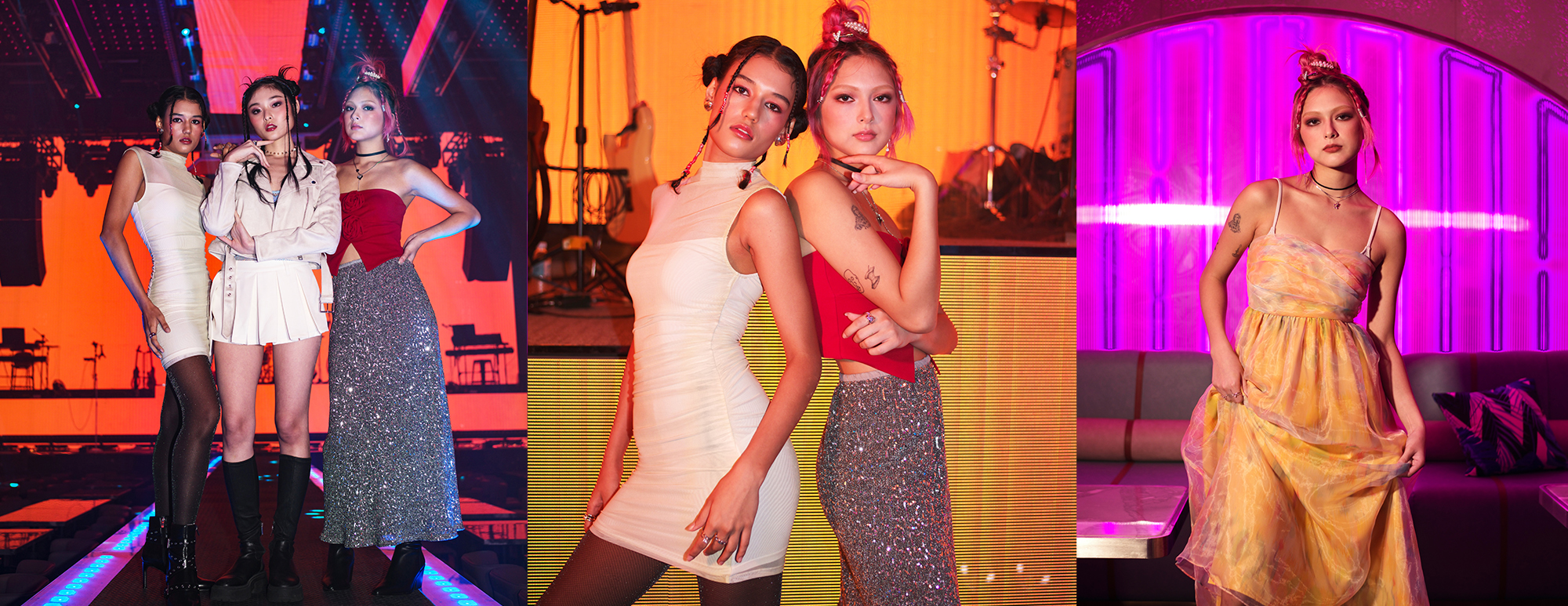


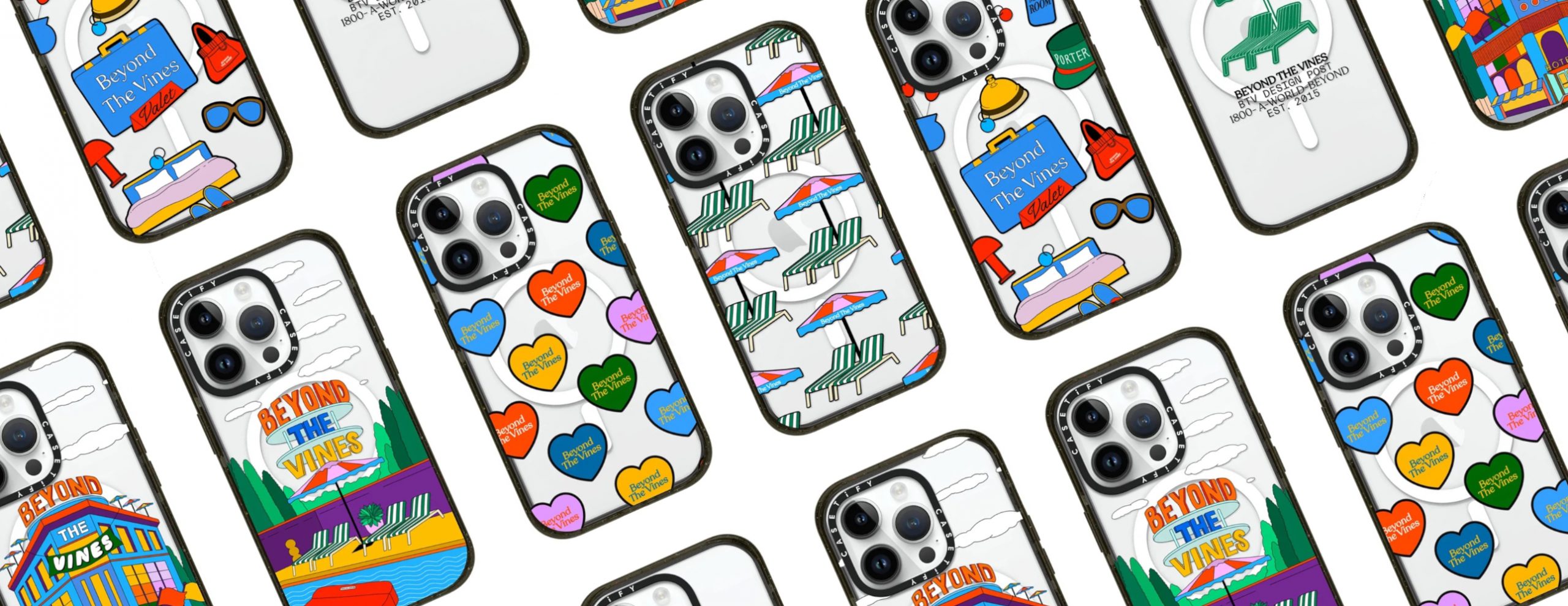

You must be logged in to post a comment.